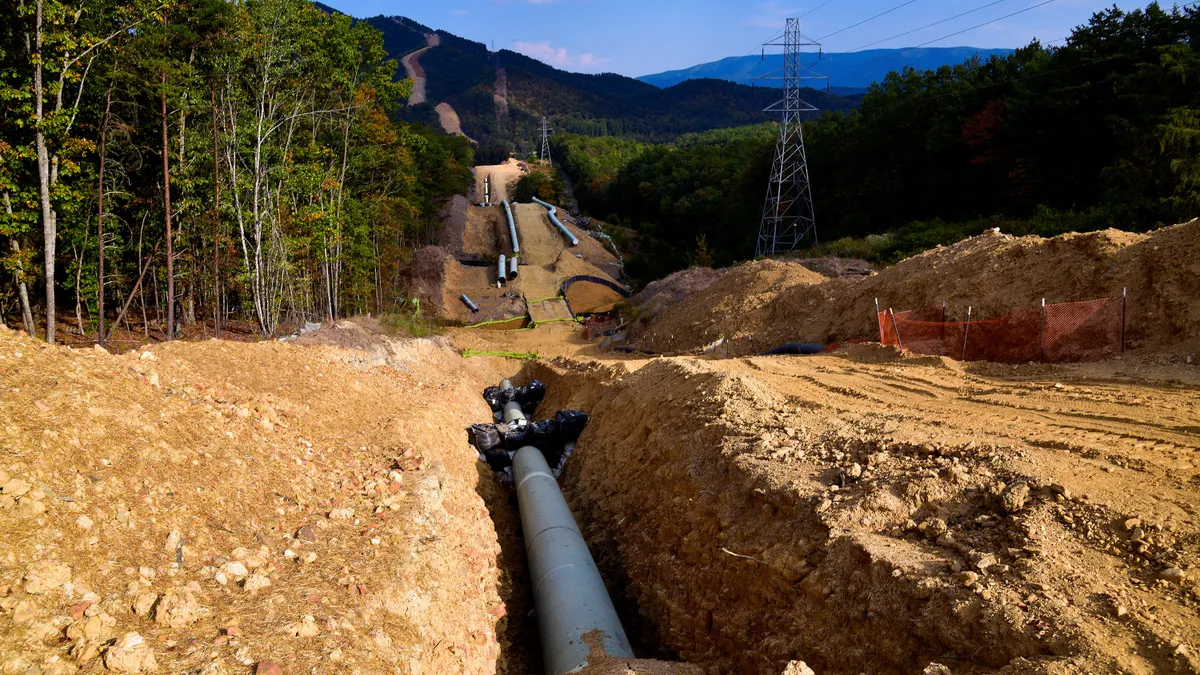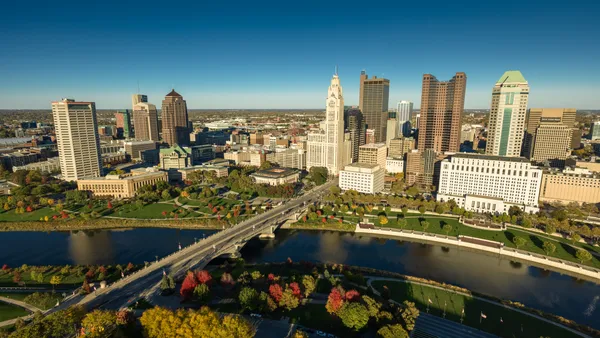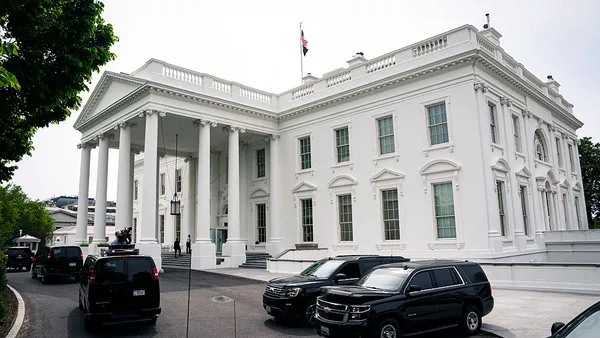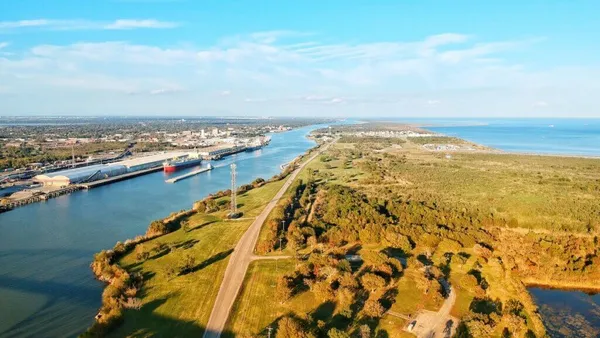Dive Brief:
- Gas is set to flow through the embattled Mountain Valley Pipeline after the Federal Energy Regulatory Commission gave its approval late Tuesday, AP News reported. The $7.85 billion, 303-mile pipeline has received fierce backlash and seen multiple delays and cost hikes since it first broke ground in 2018.
- The gas project is “mechanically complete” and in compliance with environmental and safety requirements, Equitrans Midstream said in a Monday letter to FERC.
- Last month, part of the pipe burst on May 1 in Roanoke County during the process of hydrostatic testing, which uses pressure and water to suss out potential leaks. An Equitrans spokesperson told S&P in May that the company is evaluating what went wrong, and said that the damaged section of pipe would be removed and replaced.
Dive Insight:
Equitrans said in the FERC letter that testing has now been fulfilled. An Equitrans spokesperson said no other sections had failed and the failure proves that the testing works, according to West Virginia Public Radio.
“The final segments of the project are currently being purged and packed with natural gas. All welding, testing, cleaning, drying and tie-ins are complete,” the letter reads.
The pipeline will move methane gas from Wetzel County, West Virginia, to Pittsylvania County, Virginia. A joint venture composed of Equitrans Midstream, NextEra Energy, Consolidated Edison, AltaGas and RGC Resources is building the project.
The line was originally expected to enter service in 2018 with a price tag of $3.5 billion, but it was delayed by numerous legal challenges from environmental groups. They argued the project will disrupt forests, waterways and endangered species, and represents an investment in fossil fuels at a time when the U.S. needs to shift to renewable energy to mitigate the impacts of climate change.
The U.S. Court of Appeals for the Fourth Circuit also repeatedly overturned permits issued by the Biden and Trump administrations, but Congress removed the project from the Fourth Circuit's jurisdiction and approved permits in a debt ceiling deal in 2023. The project was still held up due to difficulty finding contractors, challenging terrain and other factors.
In its Monday letter to FERC, Equitrans requested quick approval to start service.
“Multiple shippers have executed agreements to commence transporting volumes using the project facilities beginning the day after the project declares in-service, which further heightens the need for prompt authorization to meet market demands,” the letter reads.















